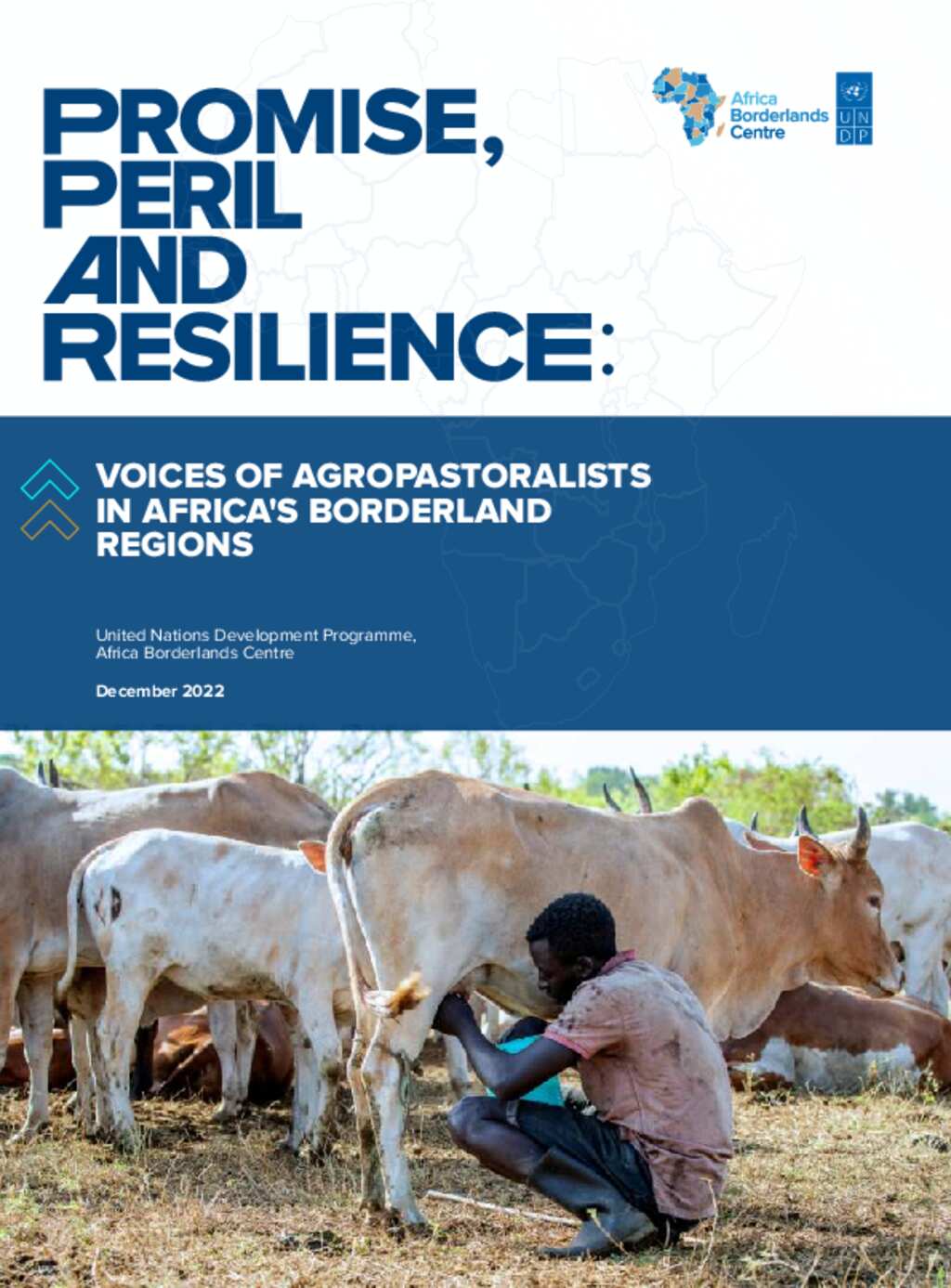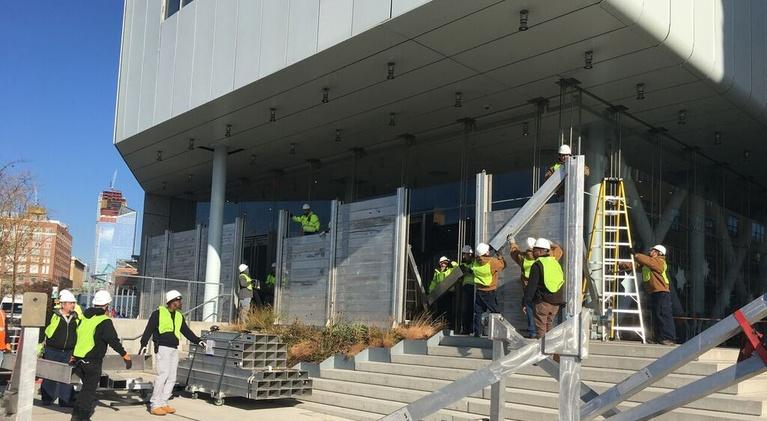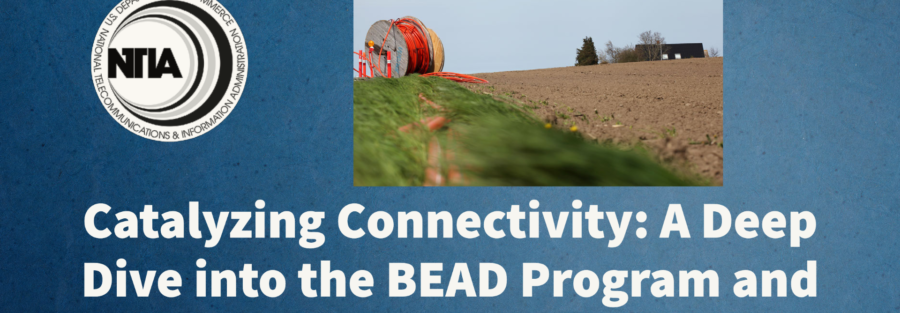The Promise and Peril of Constitution-Free Web Service: A Deep Dive into Municipal Broadband
Associated Articles: The Promise and Peril of Constitution-Free Web Service: A Deep Dive into Municipal Broadband
Introduction
With nice pleasure, we’ll discover the intriguing subject associated to The Promise and Peril of Constitution-Free Web Service: A Deep Dive into Municipal Broadband. Let’s weave fascinating info and supply recent views to the readers.
Desk of Content material
The Promise and Peril of Constitution-Free Web Service: A Deep Dive into Municipal Broadband

The digital divide, the chasm separating these with dependable web entry from these with out, continues to widen. Whereas broadband entry is more and more thought of a necessity – for training, healthcare, employment, and civic engagement – tens of millions stay unconnected, usually in underserved rural and low-income communities. This has fueled a rising motion advocating for charter-free web service, primarily via the enlargement of municipal broadband networks. This text delves into the intricacies of this motion, inspecting its potential advantages, the challenges it faces, and the essential concerns for profitable implementation.
The Case for Municipal Broadband:
Constitution-free web, within the context of this dialogue, refers to web service offered by entities aside from privately held telecommunications corporations like Comcast, Verizon, or AT&T. Municipal broadband networks, owned and operated by native governments, characterize a big various. Proponents argue these networks supply a number of key benefits:
-
Elevated Competitors and Decrease Costs: The presence of a municipal community can inject competitors into the market, forcing non-public suppliers to decrease costs and enhance service high quality to stay aggressive. That is significantly impactful in areas the place non-public corporations lack incentive to speculate as a result of low inhabitants density or perceived low profitability.
-
Improved Service High quality and Reliability: Municipal networks are sometimes designed and constructed with the particular wants of the neighborhood in thoughts. This will result in higher infrastructure, extra strong community capability, and extra dependable service, particularly in areas stricken by unreliable non-public service.
-
Focused Funding in Underserved Communities: Municipal networks can prioritize connecting underserved communities, together with low-income households, rural areas, and traditionally marginalized populations, who are sometimes neglected by non-public suppliers. This focused method can considerably cut back the digital divide.
-
Enhanced Native Management and Transparency: Native governments are immediately accountable to their constituents, making certain larger transparency in community operations, pricing, and repair high quality. This contrasts with the usually opaque practices of enormous non-public companies.
-
Financial Growth: Excessive-speed web entry is a vital driver of financial growth. Municipal broadband can entice companies, create jobs, and stimulate innovation throughout the neighborhood. This financial enhance can contribute to a extra vibrant and affluent native economic system.
-
Public Security and Emergency Response: Dependable web connectivity is crucial for public security, enabling environment friendly communication between emergency responders and improved entry to vital info throughout emergencies. Municipal networks can present a extra resilient and dependable infrastructure for these functions.
The Challenges and Obstacles:
Regardless of the compelling arguments in favor of municipal broadband, a number of challenges hinder its widespread adoption:
-
Excessive Upfront Prices: Constructing and sustaining a strong broadband community requires substantial capital funding. This is usually a vital barrier for smaller municipalities with restricted budgets. Securing funding via bonds, grants, and different financing mechanisms is essential however usually advanced and aggressive.
-
Regulatory Hurdles and Political Opposition: Non-public telecommunications corporations usually foyer aggressively towards municipal broadband initiatives, citing considerations about unfair competitors and authorities overreach. This will result in restrictive rules, authorized challenges, and political gridlock that delays or prevents the implementation of tasks.
-
Technical Experience and Administration: Working and sustaining a broadband community requires specialised technical experience and expert administration. Many municipalities lack the inner capability to deal with these duties successfully, necessitating outsourcing or the event of recent inside capabilities.
-
Public Acceptance and Adoption: Even with a well-built community, making certain widespread adoption requires efficient public training and outreach applications. Addressing considerations about value, usability, and the perceived complexities of recent applied sciences is essential for achievement.
-
Sustainability and Lengthy-Time period Viability: Municipal broadband networks should be financially sustainable in the long run. Creating a strong enterprise mannequin that balances affordability with ample income to cowl working prices and upkeep is vital for long-term success.
Profitable Fashions and Finest Practices:
A number of municipalities have efficiently carried out municipal broadband networks, demonstrating that it’s achievable. These success tales spotlight a number of key components:
-
Sturdy neighborhood help and engagement: Initiatives with sturdy neighborhood backing usually tend to overcome political opposition and safe mandatory funding.
-
Cautious planning and feasibility research: Thorough planning, together with detailed cost-benefit analyses and strong community designs, is crucial for minimizing dangers and maximizing effectivity.
-
Strategic partnerships and collaborations: Collaborating with different municipalities, regional organizations, and personal sector companions can leverage assets and experience.
-
Modern funding fashions: Exploring numerous funding choices, together with grants, bonds, and public-private partnerships, is significant for securing the mandatory capital funding.
-
Efficient advertising and marketing and outreach: Educating the neighborhood about the advantages of municipal broadband and addressing any considerations is essential for driving adoption.
-
Give attention to open entry and web neutrality: Sustaining open entry insurance policies and adhering to web neutrality ideas ensures equity and prevents discriminatory practices.
The Way forward for Constitution-Free Web:
The controversy surrounding charter-free web and the position of municipal broadband is much from over. Whereas the challenges are vital, the potential advantages for underserved communities and the broader economic system are plain. The way forward for web entry hinges on discovering revolutionary options that bridge the digital divide and guarantee equitable entry for all. This requires a multifaceted method involving authorities coverage, non-public sector collaboration, and powerful neighborhood engagement. The success of municipal broadband initiatives will depend upon the flexibility of communities to navigate the complexities of funding, regulation, and implementation, whereas prioritizing the long-term wants of their residents. The promise of really common web entry, unburdened by the constraints of profit-driven monopolies, stays a strong motivator, and the continued wrestle to attain it should form the digital panorama for years to return. The trail ahead requires a dedication to collaboration, innovation, and a shared imaginative and prescient of a linked and equitable future for all.








Closure
Thus, we hope this text has offered worthwhile insights into The Promise and Peril of Constitution-Free Web Service: A Deep Dive into Municipal Broadband. We thanks for taking the time to learn this text. See you in our subsequent article!